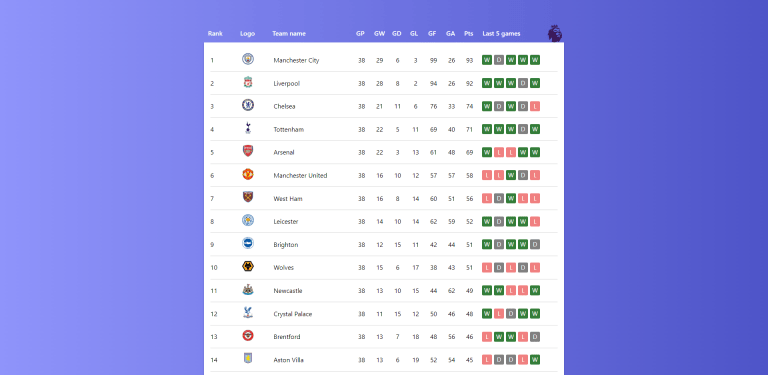
With the initiation of government programmes and schemes like Start-Up India and Digital India, the entire landscape of retail business has changed. In the last few years, the competition within the retail space has increased dramatically. This is primarily due to the entry of tech players into the field of retail business. These tech start-ups have come up with unique and innovative solutions such as Artificial Intelligence (AI) to maximise customer satisfaction.
As a result, the combination of technology and retail business have changed the dynamics of the customer-retailer relationship. Post the advent of tech, the role of the retailer is not only limited to that of a product seller but also extends to that of a service provider. The customer expects the retailer to provide a hassle-free doorstep delivery. Due to these expectations as well as increasing competition, businesses have further tapped into technology, especially in recent times, to stay afloat. The section below provides a brief about the technological advancement trends that have taken place in the retail business space in recent years. These are the most trending technologies that are being used in the retail sector.
Also Read: 7 Things You Didn’t Know About Retail Business Economics
Use of Technology
Table of Contents
Predictive Analytics:
Ever since the advent of the internet and online shopping, companies haven’t really had any issue in collecting data. People shopped from these retailers offline as well, and these data were collected by them. However, the real challenge was in analysing them. Predictive analytics has changed this. Now, the companies can use this data to understand and analyse consumer trends and behaviour from their past purchases. Using this information, the retailer can be proactive, instead of reactive, about the future. Analysing these data would enable them to personalise their shopping experience, address the customer-specific needs as well improve efficiency and reduce costs.
Extended Reality:
Extended reality (that is, virtual and augmented reality) enables the retailer to provide their customers with better customer service and better shopping experience. This technology is, at present, being used by numerous retailers in the form of browsing of goods to virtually “trying them on”. Extended reality can also help in providing more information to the customer while browsing for various types of products. It is also expected that, in the future, this technology would enable consumers and customers to virtually share their shopping experience with others.
Recommendation Engines:
This is another very powerful technological tool for retailers. These recommendation engines often help customers to find and purchase things that they themselves never knew they needed. They also help in funnelling options to a consumer at appropriate times during their shopping journey. One additional feature of this technology that makes it so great is that it is self-improving. It improves itself over time. As the engines get more data to analyse, the better they can assess any customer’s shopping experience and the better they can provide recommendations. Due to this technology, retailers can now benefit from higher cart sales and better customer satisfaction. This is one of the most useful technologies that is being used by retailers all over the world nowadays.
Order Fulfilment Automation:
It is estimated that, by 2025, approximately 5,80,000 autonomous mobile robots (AMR) will be deployed to manage customer orders. This would include helping the warehouses to fulfil orders. This is a great tool given the fact that customers today want instant execution of their orders and do not like to wait for their orders to arrive. This automation would help the retailers to significantly reduce the order processing time. In addition to these, lately, the warehouses have found it difficult to find enough manual labourers to meet the demand. Hence, these automated solutions seem to be an attractive solution, in order for these retailers to keep up with the demand.
Stock Management:
Technologies like automated warehousing helps the retailers to have more control over their inventory. Now, post the development of this technology, retailers do not need to wait for manual inventories. They can rely on smart robotics and similar technologies using AI to keep the stock of inventory data in real-time. Such accuracy in inventory data collections helps the managers to make better decisions using predictive methods, which would further improve the companies’ profits.
Also Read: Top Five Government Schemes That Retail Businesses Should Not Miss
Conclusion
With such intense and cut-throat competition in the retail space, the businesses who are in this space are bound to invest in these technologies, in order to improve their chances of survival by enhancing efficiency and cutting costs. These technologies would help them understand consumer tastes’ and preferences, behaviours and their purchase dynamics. This would further enable retailers to make better business decisions. Hence, nowadays, it is a must for a retail business to invest in technology. However, adoption of such technology is quite expensive and would require quite a sum of money. Indifi is a market leader in this lending space and can help retailers get the required funds in a hassle-free manner at the cheapest rate without the requirement of any collateral. Hence, a retailer willing to invest in technology should think of Indifi as an option.
Also Read: Best Ways To Bring Your Business Online For Retail Shops






